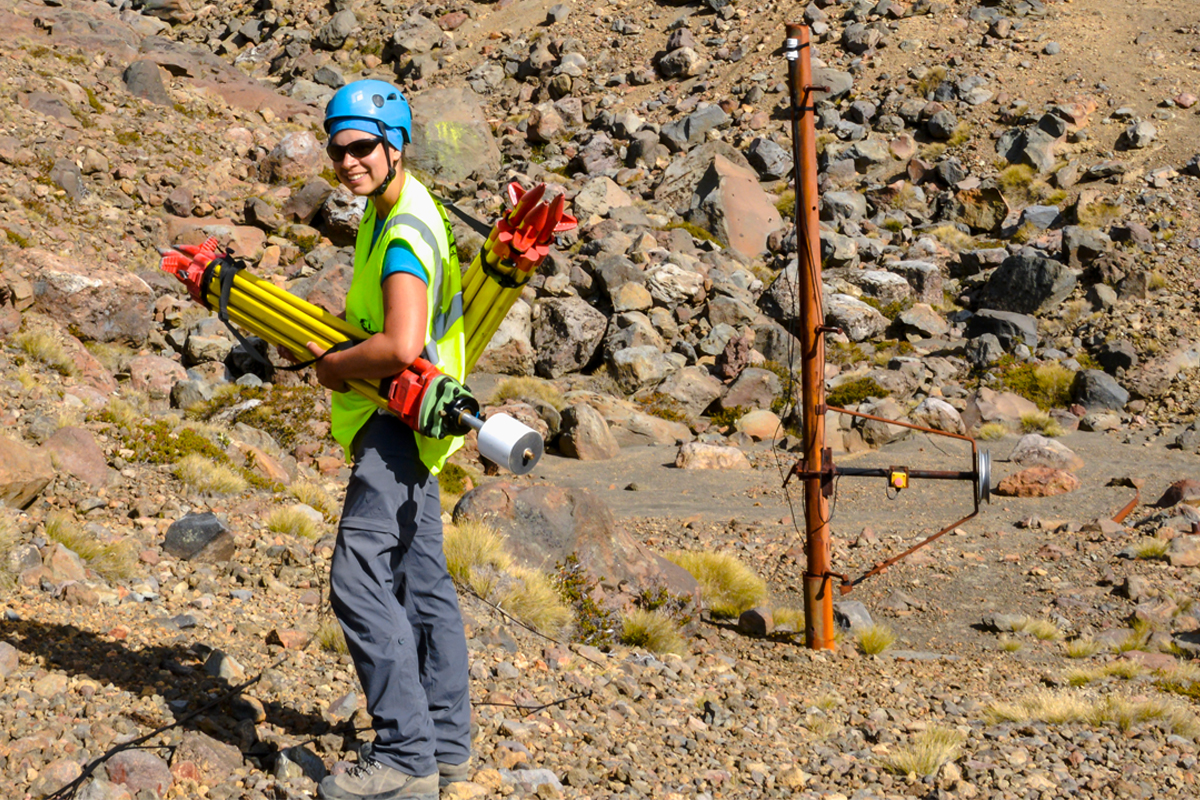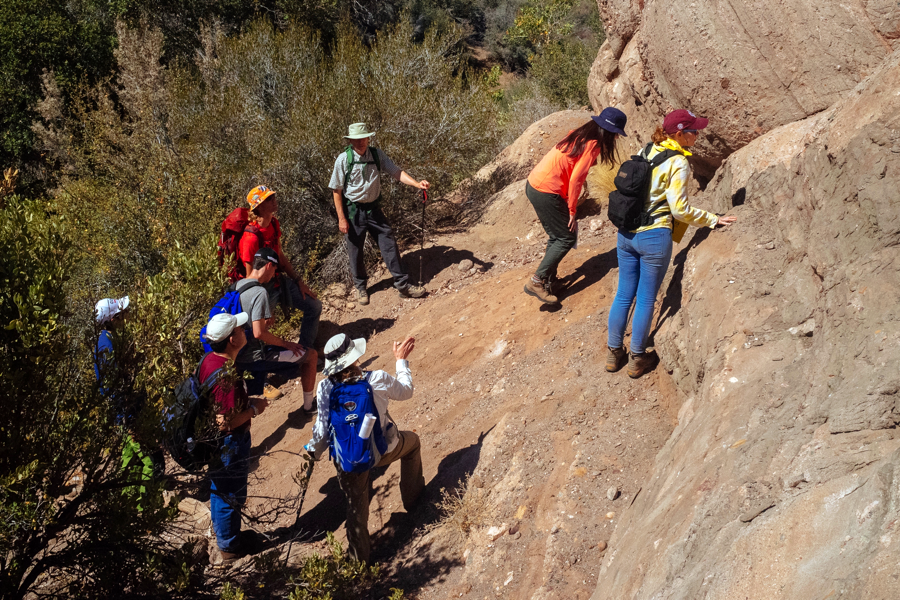All Categories
Featured
Table of Contents
Geophysical Services in Joondalup Aus 2020
Are you seeking the best kind of b-school? Connect with MBA programs seeking prospects like you. Explore schools of all sizes, ranked colleges, city and big-campus schools and more. Apply. Pay. Prep. Study. Prosper. We've got you covered. Get in touch with master's programs around the country to get an edge over the competition.

A geophysicist research studies numerous aspects of the earth. According to the U.S. Geological Survey, they study gravity, magnetic, electrical, and seismic activity occurrences. Geophysicists likewise document, examine, and take measurements of geographic features and anomalies. Watch a video to learn what a geophysicist: Geophysicists must make a minimum of a bachelor's degree; however, this is for an entry-level position.
If you desire do research study you must pursue a Ph. D. Undergrad coursework typically includes geology, mathematics, environmental science, or physics. Postgraduate degree require more particular studies in the specialty of option. Locations can consist of oceanography, climatic physics, climatology, planetary, petroleum, environmental, and mining. Job prospects are greater if you have a strong background in computer technology or innovation.
Geophysics Definition & Meaning in Mosman Park Oz 2021
Access to these opportunities may be restricted depending upon where you live; however, internships or summertime programs with geophysical business, university geophysics department, or the U.S. Geological Study can be options. You can discover a list of a list of chances on the United States Geological Study (USGS) sites' Pathway Programs tab (opens in another link).
Geophysicists likewise work with computers while investigating, so computer courses can likewise be useful, as pointed out previously in this article. Many geophysicists specialize in an area of geophysics.
A geophysicist's responsibilities can consist of measuring, tracking, and documenting information from numerous physical properties on earth. Geophysicists often have to travel worldwide to examine geological events that have occurred or may have been forecasted.
Airborne Geophysical Measurements in Innaloo Australia 2022
For example, Jay Wellik, a geophysicist, studies volcanos. His location of competence in geophysics is researching why volcanos emerge and what signs there might be that an eruption might occur. He tracks seismic activity and then follows what takes place in the past, during, and after a volcano emerges. Geophysicists generally work full-time hours; however, they frequently work irregular hours, as discussed previously.

You can find additional details about Geophysicists together with extra educational products on the U.S. Geological Study website (links open in a brand-new window). Laura Stern, of the U.S. Geological Study at the Gas Hydrates Lab in Menlo Park, California: We make a variety of various hydrates in the laboratory.
We likewise make carbon dioxide hydrate, ethane hydrate, propane, a number of different structures. It's about 100 degrees cooler than the temperature level at which these hydrate samples would dissociate, when they would decay to ice plus gas on the tabletop.
Geophysicist, Exploration - Job Descriptions in Koongamia Western Australia 2023
The samples we make, their polycrystalline. They look like snow, it appears like compacted snow but honestly, it does consist of gas inside. Take a little piece off here and as it warms up, you'll begin to see it pop. It's reverting to ice plus gas and after that as the ice would melt as it continues to warm, it will wind up being water plus gas.
My name is Steve Kirby, I'm a Geophysicist here at the U.S. Geological Survey in Menlo Park. I deal with Laura Stern who is likewise a Geophysicist in this lab that adheres towards the examination of planetary ices and gas hydrates. Gas hydrates in nature happen in very remote places and they are very intricate with the interactions and conditions that they form under and samples that are brought up are under some sort of alternation or decomposition.
This is an uncommon laboratory and there are just a handful of them worldwide and we are extremely lucky to be here at the Geological Study and to have the opportunity of dealing with them. Bureau of Labor Stats, U.S. Department of Labor, Occupational Outlook Handbook, Geoscientists. National Center for O * NET Development.
How To Become A Geologist Or Geophysicist in Leederville Australia 2020
This video was produced by the federal government for the U.S. Geological Study. The USGS Gas Hydrates Lab is moneyed by the Department of Energy and the USGS Gas Hydrates Project.
Table of Contents
Latest Posts
Geophysical Survey - Mining Fundamentals in Mahogany Creek Aus 2023
How To Become A Geophysicist in South Fremantle Oz 2022
Field Geophysicist - Parsons Careers – Engineered Systems in Ballajura Aus 2021
More
Latest Posts
Geophysical Survey - Mining Fundamentals in Mahogany Creek Aus 2023
How To Become A Geophysicist in South Fremantle Oz 2022
Field Geophysicist - Parsons Careers – Engineered Systems in Ballajura Aus 2021